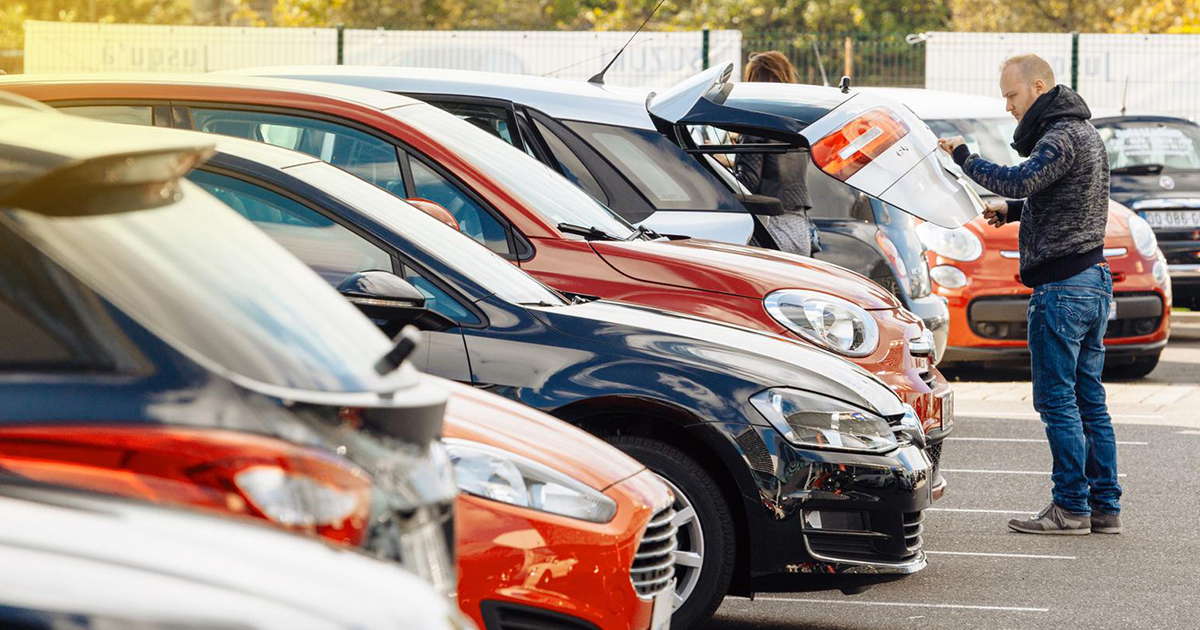
UK car sales – is the Covid-19 hangover finally over?
Like countless other industries across much of the world, the UK market for new cars was decimated during the Covid-19 pandemic. Lockdowns and economic uncertainty crushed the demand for new cars, with Sky News reporting that new car sales fell 29% from 2019 to 2020, which represented the biggest annual slump since 1943 – when the industry was repurposed for the war effort. For long periods, the manufacturing of new cars all but stopped in the UK as factories were forced to close to alleviate the spread of the virus. There were other pandemic-related factors at play too, with supply chain disruption resulting in microchip and semiconductor shortages. These conditions manifested a £20.4bn loss in turnover.
However as is often the case, challenges to one industry can represent opportunities for another, and after a brief downturn, used car prices in the UK began to rise steadily due to a surge in demand. Naturally, with fewer new cars on the market, consumers were pushed towards used cars instead. Due to the nature of Covid-19, many consumers sought a safer alternative to public transport, and due to economic difficulty, some who would have been in the market for a new car were forced to tighten their purse strings and look for second-hand options instead. Rising prices represented uncharted territory for the used car industry. Historically, used car prices typically faced a steady month-by-month decline as the cars’ ages increased, and the technology available in new cars (not least safety features) steadily improved.
This boom seemed to continue through 2021, with auctioneer Motorway reporting a 300 percent increase in used car sales for the third quarter of 2021 compared with the same period the previous year. In January 2021, the average used car price on AutoTrader was £14,155. By January 2022, this figure had reached £18,067 – an increase of approximately 28%.
However, some reports suggest that this pattern began to change later in 2022, when used car prices started to fall. Soaring inflation, fuel costs and a nationwide cost of living crisis stretched consumers’ finances further. According to Indicata, a data and analytics firm, sales of used vehicles fell 13 percent in June 2022 compared to the previous year. As Covid-19 panic subsided, many consumers opted to sell their vehicles and return to public transport. Urvish Patel, an economist at the National Institute of Economic and Social Research stated that 2021’s supply chain constraints were starting to ease, giving the new car market a much-needed shot in the arm.
While prices have begun to correct themselves, it is not clear that the impact of Covid-19 has disappeared entirely. The exceptional circumstances of 2020-2022 are still affecting 2023 used car prices in the UK. Although many consumers have returned to public transport, the UK government reported in October 2023 that usage of buses, trains and the London Underground is still below pre-covid levels. The most striking examples being the London Underground and National Rail where usage is currently at 73% and 78% of pre-covid levels, respectively.
While new car registrations have been on the rise, there is still a shortage of used cars available because fewer ‘nearly-new’ vehicles are coming onto the market due to the aforementioned production disruptions. Karen Hilton, CEO of marketplace HeyCarUK said that ‘after two rollercoaster years, the used car market is steadying, but buyers still face strong used car prices for the foreseeable future’.
When I spoke to a used car dealer based in Farnham, they stated that prices were still clearly above pre-covid levels, to the tune of around 20%. This sentiment is in line with Marriott & Co.’s own findings – that depreciation rates for used cars are significantly lower this decade, compared to last.
Unfortunately, it seems that those who are currently in the market for a used car bargain, whom regrettably I can count myself among, may have to wait until at least 2024 to find one.
Rich Cheeseman, Valuation Research Analyst, Marriott & Co.

